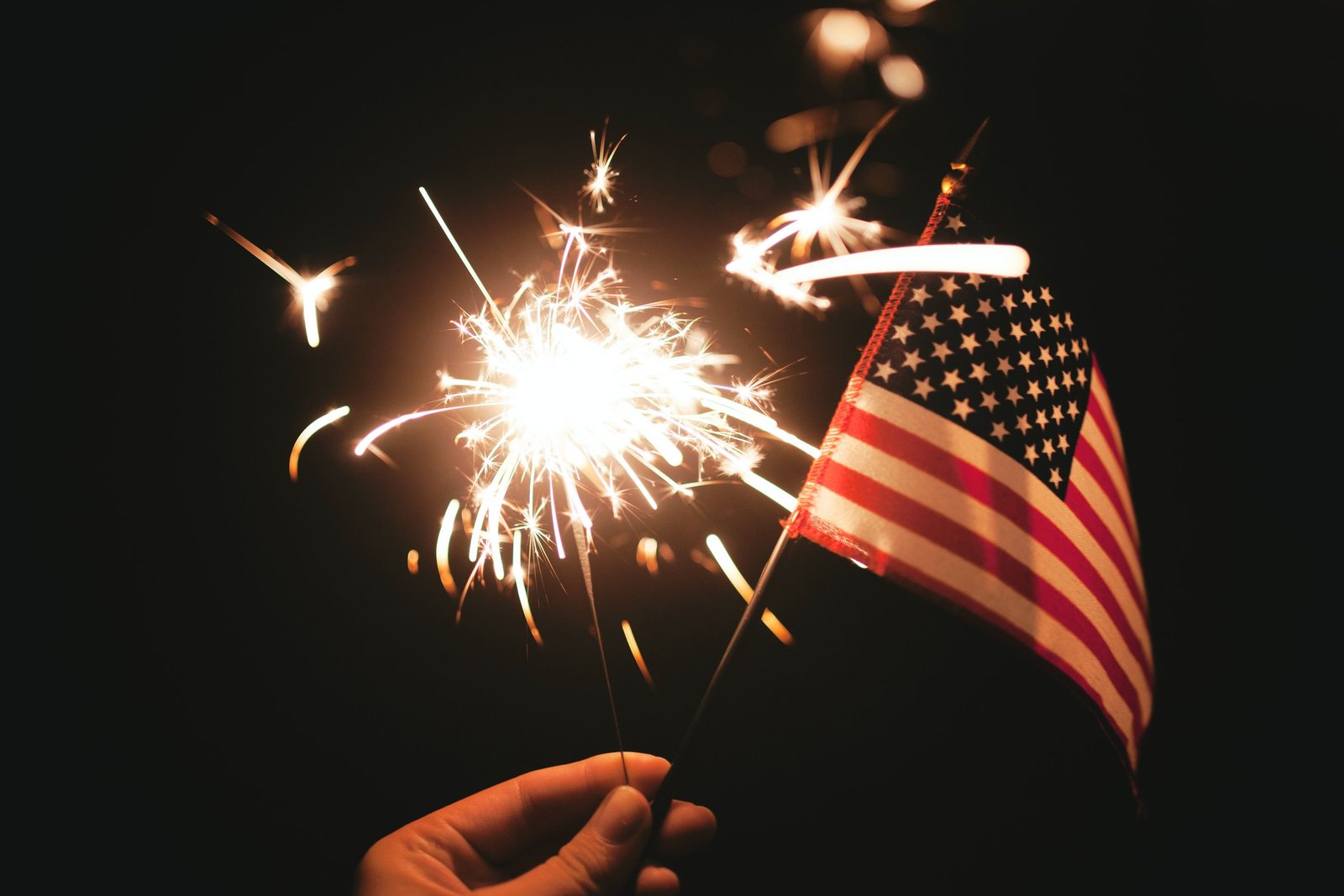The united state culture and traditions represent a vibrant tapestry woven from the threads of countless backgrounds, beliefs, and histories. As a melting pot of cultures, the U.S. is known for its ability to bring together various traditions while also forming its own unique national identity. From its historical foundations to the rich cultural contributions of immigrants and the ongoing evolution of American customs, the United States stands as a testament to the power of diversity and unity. In this article, we will explore the key aspects of American culture, the traditions that define its people, and the values that continue to guide the nation forward.
The Foundation of American Culture: Diversity and Inclusion
From its earliest days, the U.S. has been a land of opportunity, attracting people from across the globe. Each wave of immigrants has brought new ideas, customs, and traditions, contributing to the ever-evolving American culture. What sets the United States apart is its ability to embrace and celebrate this diversity while maintaining a sense of unity through shared values like freedom, democracy, and equality.
Key Elements of American Culture
Freedom and Independence: One of the most significant cornerstones of united state culture and traditions is its deep-seated belief in individual freedom and independence. Rooted in the nation’s fight for independence from British rule, this value manifests in everyday life, from freedom of speech and religion to the personal liberties enjoyed by its citizens. The American Dream, the belief that anyone can achieve success through hard work, is an integral part of this cultural mindset.
Innovation and Progress: Americans take pride in their innovation and drive for progress. The U.S. has long been a global leader in technological advancements, scientific research, and cultural innovations. From Silicon Valley to Hollywood, the nation’s impact on global culture is undeniable, making it a hub for entrepreneurship, creativity, and discovery.
For those interested in exploring how culture shapes specific regions, the Dobson Culture Center provides a deep dive into local heritage and community-centered cultural initiatives.
Celebrating Diversity Through National Traditions
Thanksgiving is perhaps the most well-known national holiday in the United States, celebrated with gratitude, family, and food. Rooted in the Pilgrims’ early interactions with Native Americans, Thanksgiving has evolved into a day of reflection and appreciation for the nation’s abundance and the coming together of different cultures.
Another key tradition is the Fourth of July, which commemorates the signing of the Declaration of Independence in 1776. The holiday is marked by fireworks, parades, barbecues, and a shared sense of national pride. This celebration serves as a reminder of the values of liberty and democracy that the nation was built upon.
Diverse Influences on American Traditions
The influence of various cultures is visible in nearly every aspect of American life, from cuisine to music and art. For example, African American culture has significantly shaped American music, with jazz, blues, hip-hop, and rock & roll all having their roots in African united state culture and traditions. Hispanic culture, too, plays a prominent role in American society, especially in states like California, Texas, and Florida, where holidays like Cinco de Mayo and Día de los Muertos are widely celebrated.
Even the nation’s culinary landscape reflects its multicultural roots. American cuisine is a fusion of global flavors, from Italian pizza to Mexican tacos, Chinese stir-fry, and Southern barbecue, all of which can be found in cities across the country. The American potluck, a communal meal where everyone brings a dish, symbolizes the nation’s inclusive spirit, where contributions from all are welcomed and valued.
The traditions of Haiti Culture and Traditions also illustrate how Caribbean influences have left a mark on American customs, especially in regions like Miami and New York, where large Haitian communities thrive.
Traditions That Strengthen Family and Community Bonds
Family plays a central role in united state culture and traditions, though family structures can vary greatly. Traditional family gatherings, especially during holidays, are common in the U.S. Many Americans prioritize their families, especially around significant life events like weddings, births, and funerals. Christmas is another widely celebrated holiday that focuses on family, gift-giving, and religious or secular customs, depending on the family’s beliefs.
Community involvement is another essential aspect of American life. Whether through local charities, religious groups, or national organizations, many Americans take pride in giving back to their communities. Volunteerism is a deeply ingrained tradition, as seen in events like food drives during Thanksgiving or charity runs that bring communities together for a greater cause.
Modern Traditions That Reflect Changing Values
In recent years, there has been a notable shift towards more inclusive and environmentally-conscious traditions. The rise of sustainability practices has led to new customs like green weddings, eco-friendly gift exchanges, and farm-to-table dining. This evolving sense of responsibility reflects Americans’ growing awareness of their impact on the world and a desire to create a more sustainable future.
Meanwhile, social justice movements like Black Lives Matter and efforts toward LGBTQ+ rights have inspired many Americans to rethink old traditions and adapt them to be more inclusive. Pride parades, Juneteenth celebrations, and Indigenous Peoples’ Day are becoming more mainstream, reflecting a shift in how Americans honor the diverse histories and experiences of their citizens.
Cultural Contributions That Define American Identity
The united state culture and traditions has long been a global cultural powerhouse, exporting its music, films, television, and literature across the world. American culture has produced iconic artists like Elvis Presley, Michael Jackson, and Beyoncé, all of whom have influenced music on a global scale. Similarly, American cinema, from Hollywood blockbusters to independent films, continues to captivate audiences worldwide.
The Global Impact of American Entertainment
Beyond music and film, American sports have also made a significant cultural impact. American football, baseball, and basketball are deeply woven into the fabric of the country, with sports events like the Super Bowl and the World Series becoming national celebrations. These events go beyond mere competition, serving as moments of unity and pride for people of all backgrounds.
Frequently Asked Questions (FAQs) About United State Culture and Traditions
Q: What makes U.S. culture unique compared to other countries?
A: U.S. culture is unique due to its incredible diversity. The country’s immigrant heritage has led to a blending of different cultural influences, creating a society that celebrates individualism while fostering unity through shared values like freedom, democracy, and innovation.
Q: How does the U.S. celebrate its national holidays?
A: National holidays like the Fourth of July, Thanksgiving, and Memorial Day are celebrated with family gatherings, parades, fireworks, and public events. These holidays are not only a way to honor American history but also to strengthen family and community bonds.
Q: What are some traditional American foods?
A: Traditional American foods vary by region, but popular dishes include hamburgers, hot dogs, apple pie, barbecue, and fried chicken. The diversity of American cuisine also includes influences from Mexican, Italian, Chinese, and other global cuisines, reflecting the multicultural nature of the country.
Q: How have American traditions evolved in recent years?
A: American traditions are evolving to become more inclusive and environmentally conscious. Sustainability practices, social justice movements, and greater recognition of marginalized communities are shaping modern customs and holidays, reflecting changing values within the U.S.
Q: What role does sports play in American culture?
A: Sports are a significant part of American culture, serving as both entertainment and a source of national pride. Major sports like football, basketball, and baseball bring communities together and provide a sense of unity, especially during events like the Super Bowl or the Olympics.
Conclusion:
United State culture and traditions is a beautiful blend of its diverse history, evolving traditions, and unwavering values. As the nation continues to grow and change, its culture remains a powerful force that unites people from all walks of life. Through shared experiences, from holidays like Thanksgiving to global cultural exports in music and film, the U.S. continues to stand as a symbol of diversity, innovation, and unity.
By understanding and embracing the rich culture and traditions of the United States, we can appreciate the deep sense of pride, freedom, and progress that define this remarkable nation.



